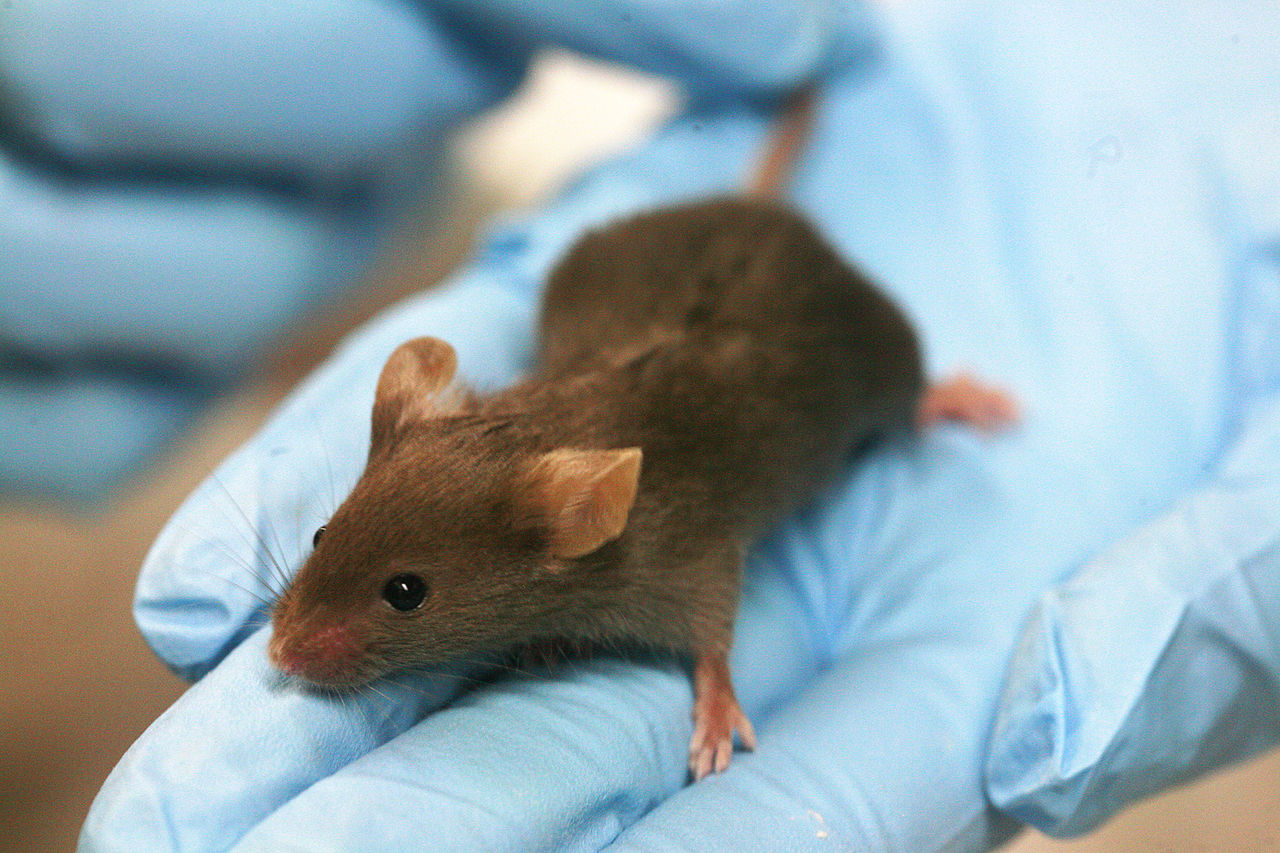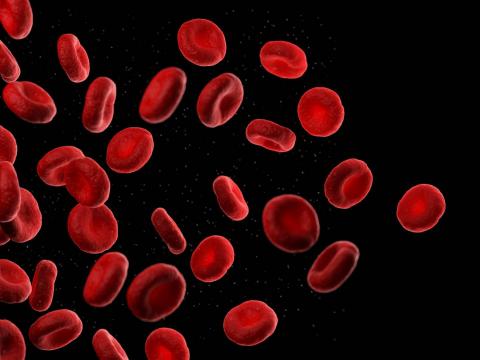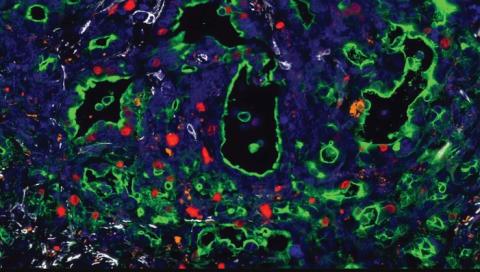Keto diet improves results of pancreatic cancer drug in mice
A ketogenic diet improves the results of a pancreatic cancer therapy in mice, according to a study published in Nature. The US research team fed the animals a high-fat, low-carbohydrate diet before administering them a new drug, currently in clinical trials; in the absence of glucose, the body converts fat into ketone bodies. The drug blocks the metabolism of fat - the cancer's only source of energy while the mice are on this diet - and slows the growth of pancreatic tumours.

240814 cancer keto Alberto EN
Alberto Díaz-Ruiz
Principal Investigator of the Cellular and Molecular Gerontology Lab
It has long been known that a moderate reduction in calorie intake decreases the onset and severity of age-related diseases, with remarkable results for cancer protection. In line with the work published by Yang et al., our lab focuses on studying diet-drug interactions as potent strategies to enhance treatment efficacy. In clinical practice, short-term periods of fasting and/or the use of fasting-mimicking diets seems to be feasible and safe interventions boosting the activity of anti-neoplasic treatments while also reducing chemotherapy-associated toxicity. These studies clearly expose diet-drug interactions as potent strategies to enhance treatment efficacy.
We are becoming more and more convinced that precision nutrition needs to be integrated into clinical practice to enhance the effectiveness of treatments for chronic diseases and cancer. The study by Yang et al. provides a clear example of this approach, where they combined a specific low-carbohydrate diet with a drug inhibitor already in clinical use. Interestingly, the nutritional intervention used forces pancreatic tumor cells to rely on a particular metabolic pathway for energy production and proliferation. This pathway is subsequently blocked by the addition of the drug inhibitor, thus leading to favorable results that could not be achieved with either intervention alone.
Haojun Yang et al.
- Research article
- Peer reviewed
- Experimental study
- Animals


